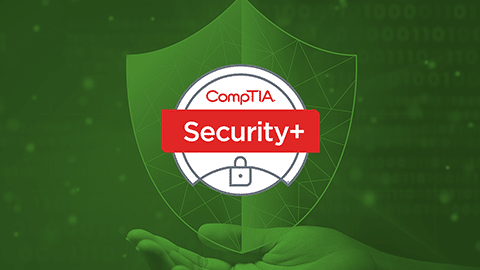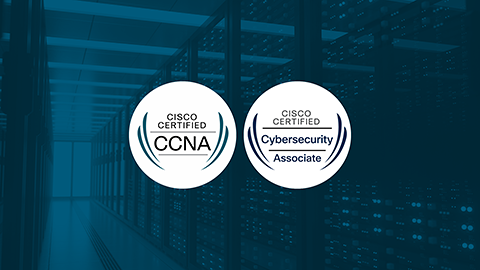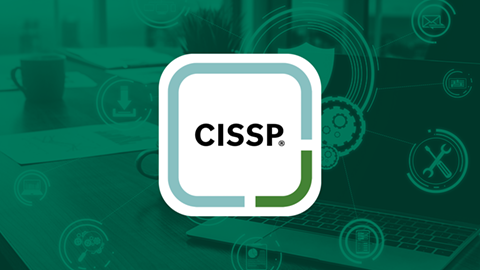
Secure Coding for .NET Training Boot Camp

What you'll learn
Training overview
This comprehensive three-day Secure Coding for .NET (ASP.NET/C#/VB.NET) Boot Camp is designed to educate professional programmers on the skills necessary to develop and deploy secure applications. You will learn about potential security issues through concrete, hands-on examples of vulnerable code.
You’ll learn which poor programming practices lead to vulnerable code, how to code securely and how to maintain secure development practices throughout the development life cycle. You’ll sharpen skills and gain experience in applying secure design and implementation principles through demonstrations of building, testing and securing real-world applications. You’ll also be given the opportunity to participate in securing and testing applications through a progression of “challenge scenarios” alternating assignments as “attackers” and “defenders” of applications.
What's included
Everything you need to know

- 90-day extended access to Boot Camp components, including class recordings
- 100% Satisfaction Guarantee
- Free 90-day Infosec Skills subscription (access to 1,400+ additional courses and labs)
- Hands-on cyber ranges and labs
- Knowledge Transfer Guarantee
Syllabus
Training schedule
Day 1
Course Introduction
- Web application environment and components
- General web application security concepts
- .NET framework security features
Schedule may vary from class to class
Input validation and encoding
- Input-driven attacks
- Validation best practices
- Output encoding
Schedule may vary from class to class
Authentication, authorization and session management
- Common authentication weaknesses
- Authorization best practices
- Controlling application access
- Password security
- Session hijacking and trapping
- Protecting user sessions and tokens
- Canonicalization problems
- Parameter manipulation
Schedule may vary from class to class
Day 2
Data access
- Secure database programming
- Database permissions best practices
- Parameterized queries
- Common stored procedure flaws
Schedule may vary from class to class
Error handling and logging
- Attacking via error messages
- Secure logging and error handling
Schedule may vary from class to class
Server configuration and code management
- Common web and app server mis-configurations
- Common database server mis-configurations
- Protecting application code
Schedule may vary from class to class
Day 3
XML web services
- Overview of WSDL, SOAP and AJAX
- Web service attacks
- AJAX pitfalls
- Web service best practices
Schedule may vary from class to class
Application threat modeling
- Threat modeling concepts
- Application context
- Identifying attacks, vulnerabilities and countermeasures
- Threat modeling tools
Schedule may vary from class to class
Schedule may vary from class to class
Practical security testing techniques for developers
- Useful web application assessment tools
- Determining the severity of vulnerabilities
- Dealing with time constraints
What makes the Infosec Secure Coding for .NET prep course different?
You can rest assured that the Secure Coding for .NET training materials are fully updated and synced with the latest version of the exam. With 20 years of training experience, we stand by our Secure Coding for .NET training with 100% satisfaction guaranteed. This means if you’re not 100% satisfied with your training at the end of the first day, you may withdraw and enroll in a different online or in-person course.
Infosec success stories

"The team at Infosec was great from the start, and they were as excited about my journey as I was. They explained the value behind each training I was considering and how it could further my goals. Their enthusiasm was a great motivation throughout the boot camp."
Elle Autumn
EC-Council Certified Ethical Hacking Course: CEH Certification Training Boot Camp Read Elle's Story
"Infosec has uniquely prepared me for any CMMC retraining that will take place inevitably in the future. With them, it’s not just about completing the certification; it's about being a true contributor to the ecosystem."
James Ahern
Certified CMMC Assessor (CCA) Boot Camp Read James's Story
"The hands-on training was the best part. You have an instructor you can actually reach out to and ask questions — not only on the material, but also about things out in the wild with cybersecurity."
Eddie Quinones
CompTIA Security+ Certification Training Boot Camp Read Eddie's Story
"The Infosec CISM Boot Camp gave me the ability to intelligently explain why I'm making a decision. Ultimately, the C-suite is happy and they know, 'Hey, here's a person that we can rely on."
Mohammad Mirza
ISACA Certified Information Security Manager (CISM) Training Boot Camp Read Mohammad's StoryGuaranteed results
Our Boot Camp guarantees

100% Satisfaction Guarantee
If you’re not 100% satisfied with your training at the end of the first day, you may withdraw and enroll in a different online or in-person course.

Knowledge Transfer Guarantee
If an employee leaves within three months of obtaining certification, Infosec will train a different employee at the same organization tuition-free for up to one year.
Who should attend

- NET application developers
- C# programmers
- ASP.NET developers
- Managers, architects and technologists involved in deploying .NET applications
- Anyone interested in learning more about secure .NET coding
Before your Boot Camp
Prerequisites
Award-winning training you can trust




No available dates
We're sorry, but Secure Coding for .NET Training Boot Camp does not have any scheduled dates. However, we’d love to help you get the specialized training you need. Book a meeting with a representative today to discuss setting up a course.
Why choose Infosec?
Category
Infosec logo
SANS Institute
Training Camp
Global Knowledge (Skillsoft)
AI-powered, hands-on skill validation
12 Roles
Integrated for all roles
90 days
*Protects your investment if trained employees leave within three months of obtaining certification (Infosec will train a different employee at the same organization tuition-free for up to one year).
Explore our top boot camps






